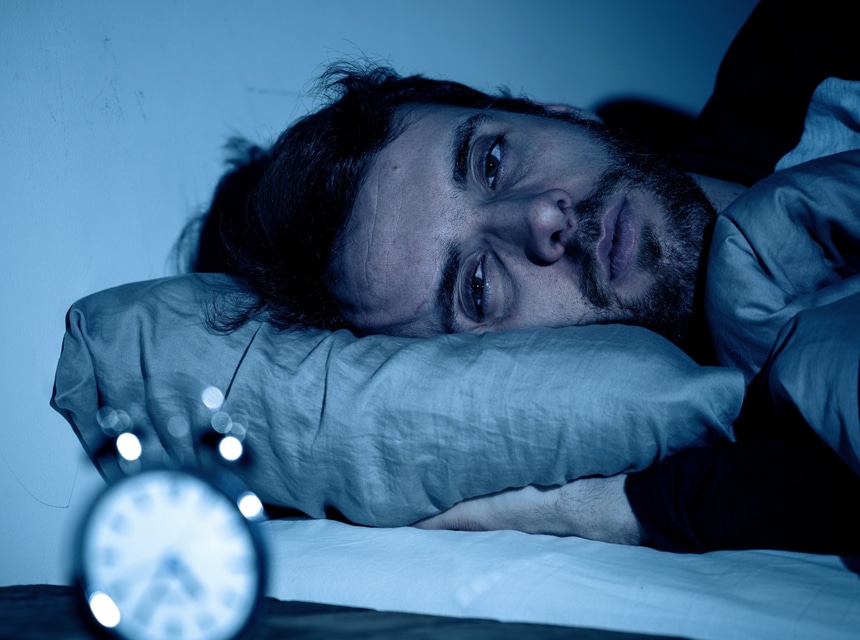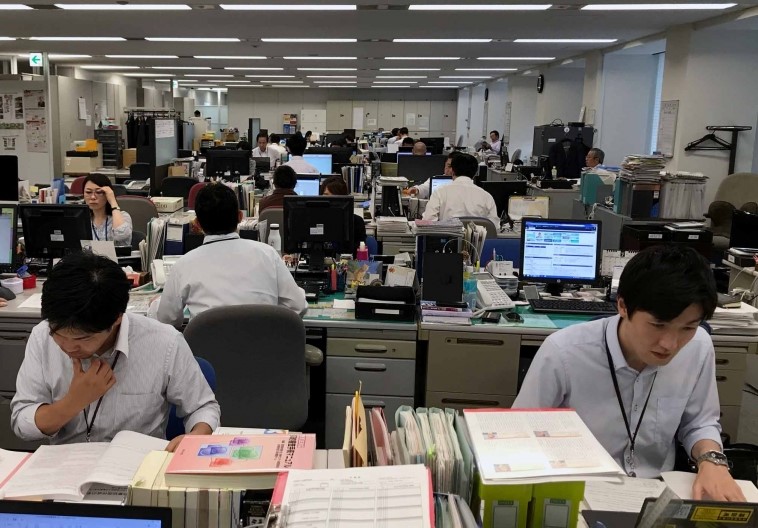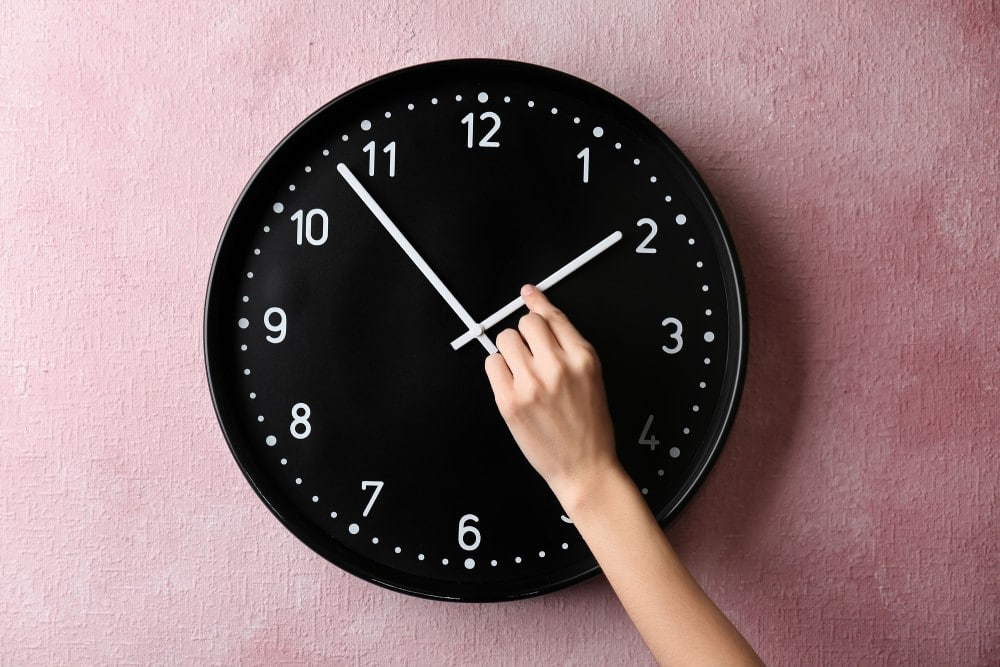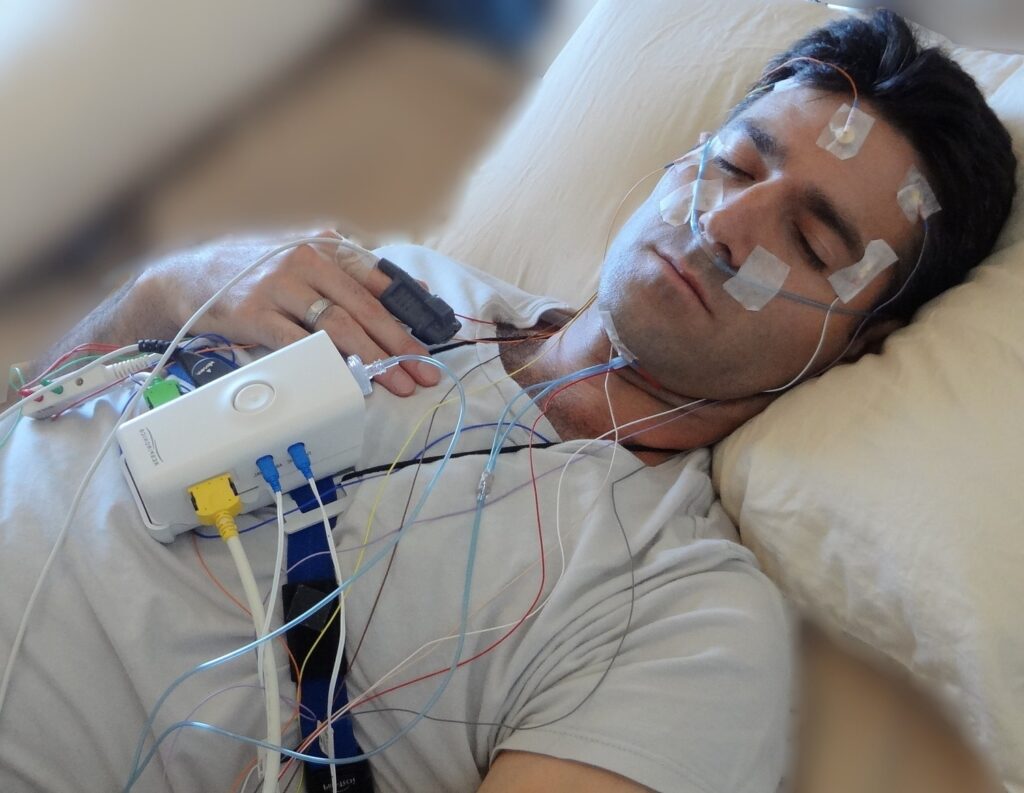

A recent study conducted by the Sleep Research Society found an interesting correlation between the brain’s neural response to rewards and youths with insomnia. Insomnia is a common side effect of depression and anxiety, two mood disorders that are increasingly common among teens and young adults.
The study in question tested how the amount of reward positivity by event-related potential affects youths suffering from insomnia. While studies have been done on this for adults, it hasn’t been done on youths with insomnia until this time.
The brain’s reward center refers to a number of structures that allow the release of dopamine and serotonin as a result of completing certain tasks or functions. Of all the reward pathways Trusted Source Brain Reward Pathways neuroscience.mssm.edu in the brain, the most important is the mesolimbic dopamine system.
The mesolimbic dopamine system is made of the ventral tegumental area (VTA) and nucleus accumbens (NAc). The circuit in this system is one of the key components in connecting your brain’s reward system with the rest of your body. This circuit is responsible for how your body reacts to stimuli like food, sex, and other dopamine-releasing activities.
Insomnia Trusted Source Sleep Disorders | NAMI: National Alliance on Mental Illness Many people experience problems sleeping including not getting enough sleep, not feeling rested and not sleeping well. This problem can lead to difficulties functioning during the daytime and have unpleasant effects on your work, social and family life. Problems sleeping can be secondary to a medical illness such as sleep apnea, or a mental health condition like depression. Sleep issues can be a sign of an impending condition such as bipolar disorder. In addition to affecting sleep itself, many medical and mental health conditions can be worsened by sleep-related problems. www.nami.org is one of the most common sleep disorders humans deal with. In technical terms, insomnia is the body’s inability to sleep well, sleep at all, or feel rested throughout the day. When left untreated, insomnia can cause serious issues with focusing at school or work. It can also be detrimental while driving too.
Insomnia and general sleep troubles are also extremely common symptoms of sleep apnea, depression, and anxiety. Plus, pairing insomnia with any of these issues can elevate the severity of the illness.
Short-term insomnia is typically caused by high levels of stress, traveling, and other major life events. This information explains well why teens and young adults suffer from insomnia in such large numbers. Between the ages of 15 and 24, a person experiences stress from tests, graduations, and work deadlines, among other things.
Researchers at the Sleep Research Society Trusted Source Neural response to rewards in youths with insomnia | SLEEP | Oxford Academic AbstractStudy Objectives. Insomnia and depression are common comorbid conditions in youths. academic.oup.com conducted a study on 28 participants who suffered from insomnia, who don’t suffer from mental illness, and 29 healthy sleepers ranging in age from 15-24 years old.
Each participant completed a rewarding task that involved monetary compensation at the end. During the test, each person’s electroencephalographic activity was monitored and recorded.
The results from this insomnia study found that those who suffered from insomnia had lower reward positivity than the other group. This means their reward processing is blunted. With minor changes to each trial, it was determined that those with insomnia were less likely to change their choices in response to loss cues.
In reviewing these findings, the research conductors found that dysfunctional reward processing and inflexibility to adjust behavior in decision-making is associated with youth insomnia disorders.
Roughly 50% Trusted Source What are the contributing factors for insomnia in the general population? - PubMed Lack of a systematic assessment of insomnia has led to large variations in its reported prevalence in the general population. This study aims to provide new guidelines to assess insomnia prevalence. pubmed.ncbi.nlm.nih.gov of insomnia issues are related to depression or other underlying causes. With that said, it’s possible that those tested in the insomnia category may also suffer from an undiagnosed mood disorder. This could also skew their response decisions during the task.
The Posner Task otherwise referred to as the Cued Door Task, is completed to measure the amount of attention a test subject gives. Subjects who perform this task need to look at a screen and indicate when they see something move from one side to another as fast as they can. In the case of a Cued Door, subjects would need to respond to the target stimulus as quickly as possible once they see it move. This particular task was the chosen monetary reward task for the study mentioned in this article.





